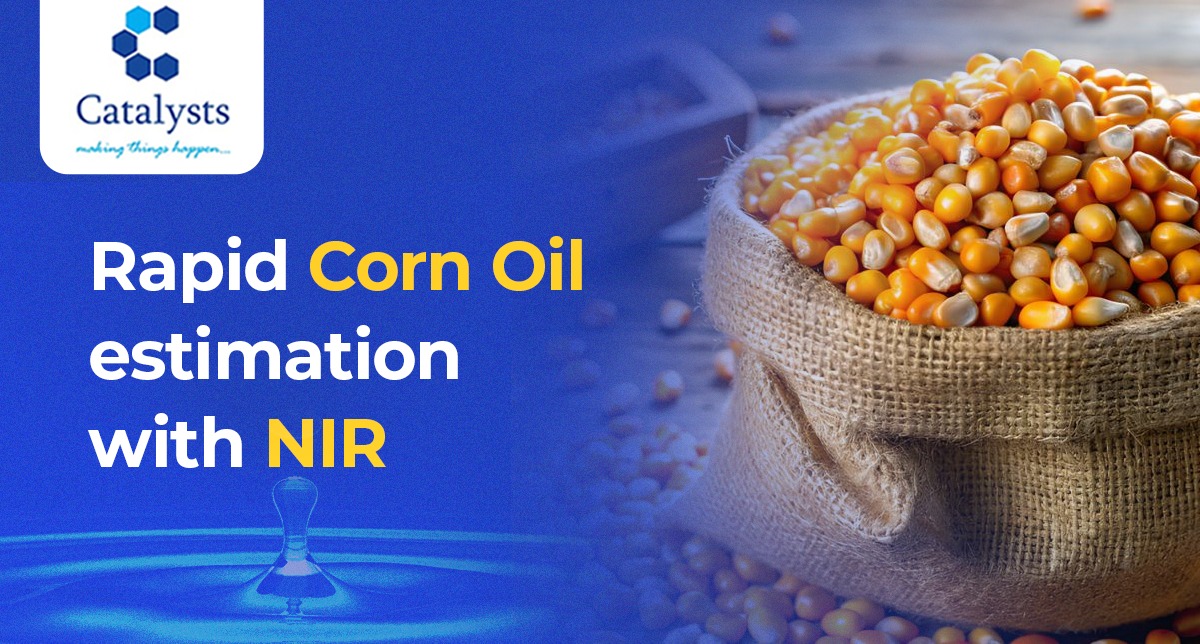
Introduction
The art of brewing, with its rich history dating back millennia, has evolved into a sophisticated science. The brewing industry, characterized by its diverse range of beverages from beer to spirits, relies on a combination of time-honoured tradition and cutting-edge technology. One of the pivotal aspects of this complex process is the role of enzymes. Enzymes serve as the unsung heroes of the brewing industry, catalysing critical reactions that transform raw ingredients into our favourite brews. In this article, we will explore the significance of enzymes in the brewing industry and the profound impact they have on the final product.
The Body: Enzymes in Brewing
1. Enzyme Types in Brewing
Enzymes are biological catalysts that facilitate chemical reactions without being consumed themselves. In the brewing industry, a variety of enzymes are used, each serving a unique function:
a. Amylase: Amylase enzymes, including alpha-amylase and beta-amylase, play a fundamental role in breaking down starches in the malted barley into fermentable sugars.
b. Protease: Protease enzymes help degrade proteins present in the brewing grains, preventing undesirable haze and improving the clarity of the final product.
c. Cellulase: Cellulase enzymes are responsible for breaking down cellulose, found in some raw materials like adjunct grains. This helps to extract more fermentable sugars.
2. Mashing Process
During the mashing process, where ground malt is mixed with hot water, enzymes initiate the conversion of starches into sugars. Alpha-amylase breaks down long starch chains into smaller dextrins, which are then converted into maltose and other sugars by beta-amylase. The precise control of temperature and enzyme activity at this stage is vital for determining the beer's flavor, body, and mouthfeel.
3. Fermentation
Enzymes continue to play a crucial role during fermentation. Yeast, a microorganism employed in brewing, utilizes the sugars created in the mashing process to produce alcohol and carbon dioxide. Enzymes assist in breaking down complex sugars into simpler ones, making them accessible to yeast for fermentation.
4. Quality and Consistency
Enzymes are indispensable for maintaining the quality and consistency of brewed beverages. Brewers can adjust the enzyme activity to achieve the desired flavor profile, alcohol content, and clarity, ensuring that every batch adheres to their product standards.
The Importance of Enzymes in Brewing
1. Enhanced Efficiency
Enzymes expedite the brewing process by accelerating the conversion of starches into sugars, reducing the time required for mashing. This increased efficiency not only saves time but also conserves energy and resources.
2. Improved Flavor and Aroma
Controlling enzyme activity during mashing allows brewers to manipulate the composition of sugars in the wort, influencing the final flavor and aroma of the beer. This precision is essential for crafting a wide variety of beer styles, from light lagers to robust stouts.
3. Consistency
Enzymes contribute to the consistent quality of beer, ensuring that each batch closely matches the brewer's intended flavor profile and characteristics. This reliability is vital for maintaining brand reputation and customer loyalty.
4. Cost-Efficiency
Using enzymes in the brewing process can reduce the need for excessive quantities of raw materials, making the production process more cost-effective. It also minimizes waste and the environmental footprint of brewing operations.
Conclusion
In the brewing industry, enzymes are the uncelebrated catalysts that make the magic happen. Their ability to convert complex starches into fermentable sugars and influence the final product's flavor, clarity, and consistency cannot be overstated. As the brewing industry in India and around the world continues to evolve and innovate, enzymes in brewing will remain an essential tool for achieving efficiency, quality, and the diversity of flavors that consumers have come to expect. The next time you enjoy your favorite brew, raise a glass to the unsung heroes behind the scenes—enzymes.
Recent Posts

Rapid Corn Oil Estimation with Near-Infrared Spectroscopy: An Effective Analytical Technique with Ne
Explore the effectiveness of near-infrared spectroscopy in rapidly estimating corn oil, providing new perspectives and enhancing analytical techniques in agriculture.

GC-FID: A tool for analysis of FAMEs in corn oil
Explore GC-FID, the essential tool for accurate FAME analysis in corn oil. Unlock detailed insights and improve your research outcomes today.

The Role of Enzymes in Maize-to-Ethanol Fermentation
With the rising demand for renewable energy sources and sustainable fuel alternatives, ethanol production has gained significant momentum worldwide. Ethanol, also known as bioethanol, is a biofuel commonly used as a renewable alternative to fossil fuels. One of the most popular feedstocks for ethanol production is maize (corn), primarily due to its high starch content, wide availability, and suitability for large-scale production.
Catalysts Connect
Keep up to date with our latest news and analysis by subscribing to our regular magazine and newsletter

Post a comment
Your email address will not be published.